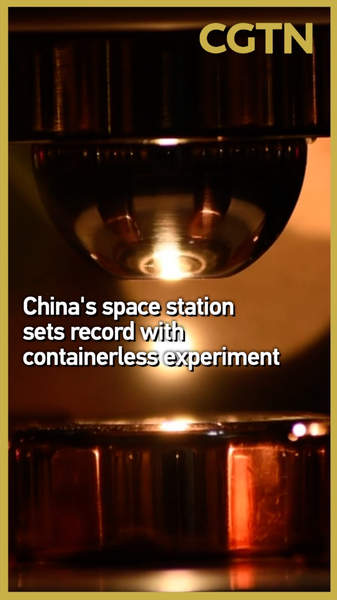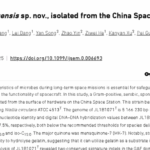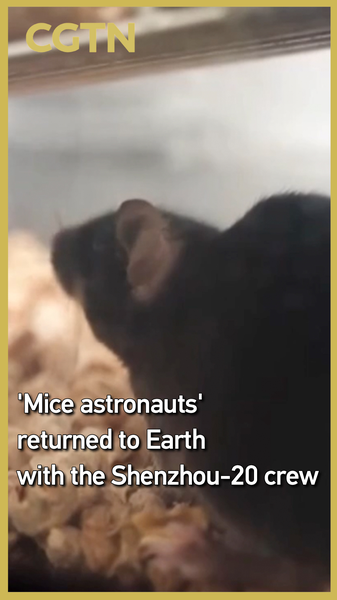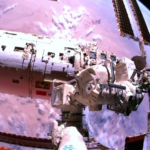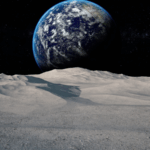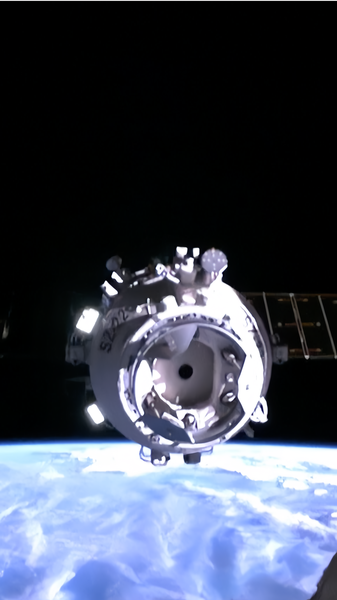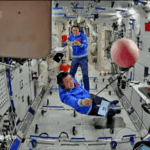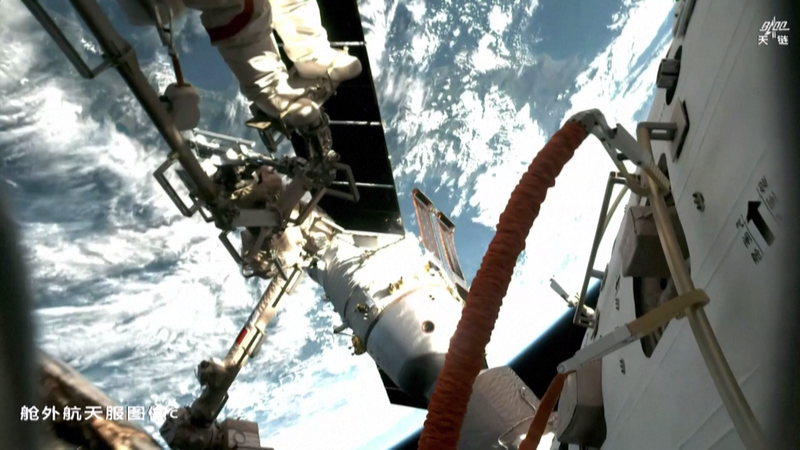China's Tiangong space station has achieved a groundbreaking milestone in materials science, successfully melting a tungsten alloy at over 3,100°C using innovative containerless technology. Conducted in the Tianhe core module's microgravity environment, the experiment employed electromagnetic levitation and precision laser heating to study ultra-resistant alloys without container interference – a first in orbital research.
The breakthrough demonstrates how space-based laboratories enable unprecedented analysis of high-temperature material behavior. Scientists from the Chinese Academy of Sciences emphasize these findings could revolutionize spacecraft heat shielding and next-generation rocket engines, potentially extending mission durability for lunar and Mars exploration.
"This experiment opens new frontiers in space manufacturing," said Dr. Li Wei, lead researcher on the project. "By eliminating container contamination, we're obtaining purer data about material properties under extreme conditions – knowledge that's transferable to terrestrial industries."
The achievement coincides with growing international interest in orbital material science, with NASA and ESA planning similar microgravity experiments. Analysts suggest China's progress could spur new collaborations in space research while benefiting commercial satellite developers seeking advanced thermal management solutions.
Reference(s):
China's space station sets record with containerless experiment
cgtn.com
